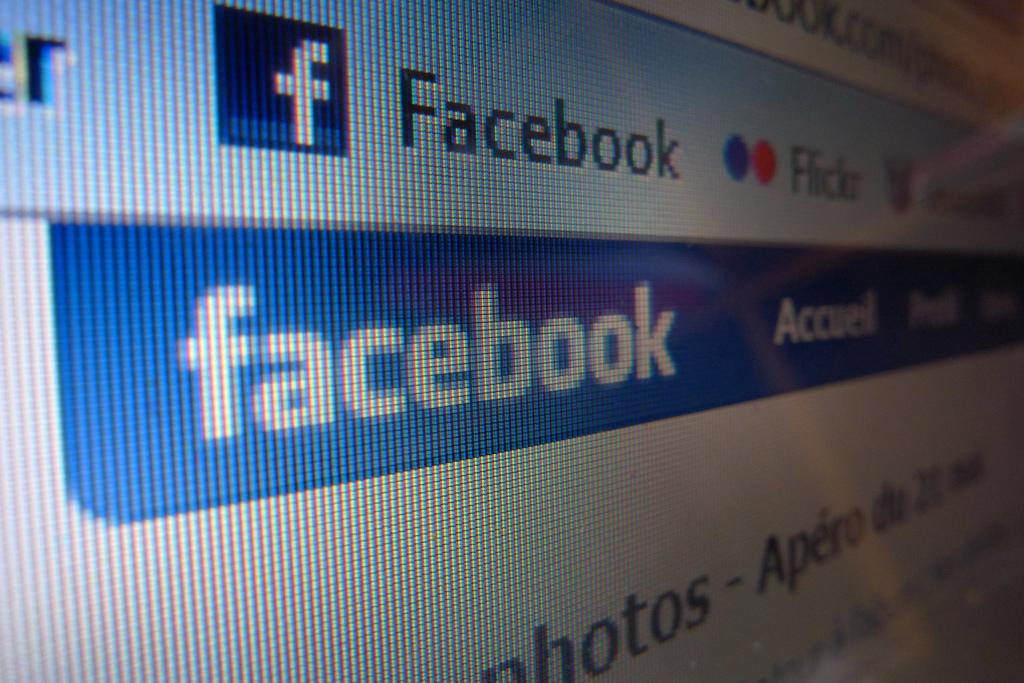In new memoir, former Facebook employee questions role of social media
Katerine Losse, a former Facebook employee, wrote a memoir about her experiences at the social media company. (Photo by Franco Bouly via Flickr.)
Facebook has forever changed the ways in which we interact with one another. Most of us have far more friends on Facebook than we do in real life, and so often it’s through Facebook that we learn the latest about our peers: new partners, new babies and new jobs.
Facebook keeps us connected, but what happens when that connectivity comes at the expense of our privacy? And how do these virtual interactions affect our relationships in real life?
Those are the kinds of questions that Katherine Losse, a former Facebook employee, explores in her new memoir, “The Boy Kings.” Losse quit Facebook in 2010 after years of working for the company. She was its 51st employee and eventually became CEO Mark Zuckerberg’s ghost writer.
While most Facebook employees concerned themselves with the social network’s more technical aspects, Loose said she worried about how the technology they were creating would fundamentally change human behavior.
“I was thinking often about how it was transforming our personal lives,” she said. “Suddenly, you had to worry about a story showing up in newsfeed informing people of things that you maybe haven’t yet told them in person. This was something that prior to Facebook we wouldn’t have even conceived and suddenly this was something that was possible and was happening every day.”
In 2010, Losse left the social networking company of 900 million people for a small town of 2,000 in western Texas. There she decided to make friends the old fashioned way: in person.
But Losse had grown disillusioned with Facebook long before her departure. In 2007, she took a three-week vacation in Rio de Janeiro, Brazil. She left her computer at home, something she said many of her co-workers couldn’t believe. After she returned to work, it didn’t take long for Losse to notice the downsides of life in Silicon Valley.
“I was just more gregarious than I had been when I left,” she said. “But that started to move back into the very calm, controlled, programmed personality that you kind of have to have when you’re working in this very programmed world.”
Losse says she doesn’t have answers to all the questions she raises in her book. But as social media technologies continue to grow, she says they’re questions everyone who uses them should be asking.
“These are things that are just so new that we haven’t had time to really pay attention and think about them,” she said.
The World is an independent newsroom. We’re not funded by billionaires; instead, we rely on readers and listeners like you. As a listener, you’re a crucial part of our team and our global community. Your support is vital to running our nonprofit newsroom, and we can’t do this work without you. Will you support The World with a gift today? Donations made between now and Dec. 31 will be matched 1:1. Thanks for investing in our work!
